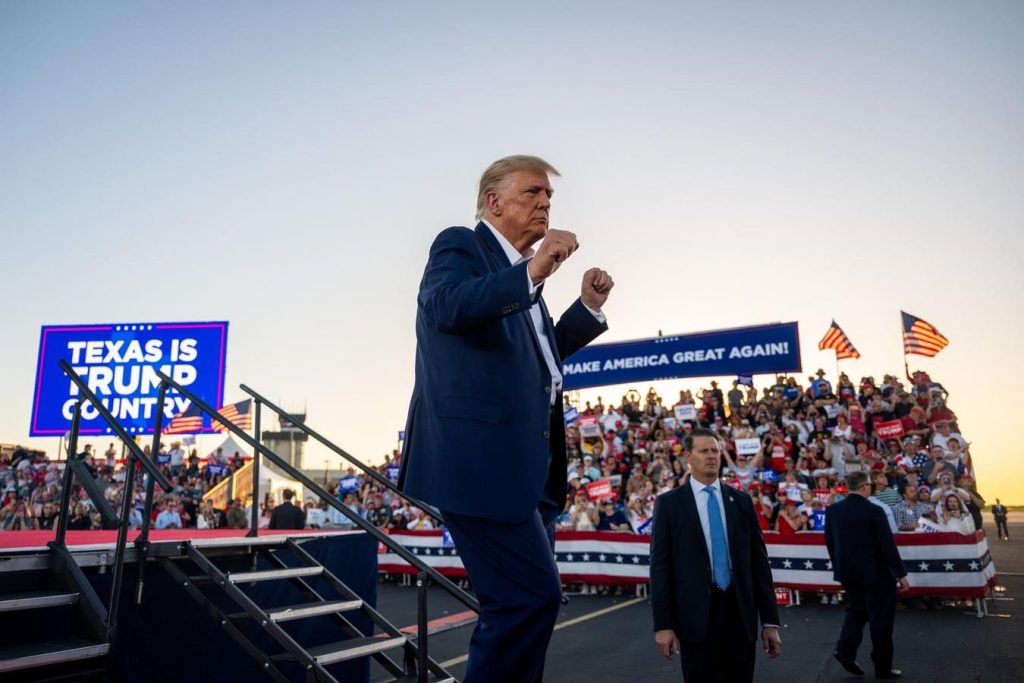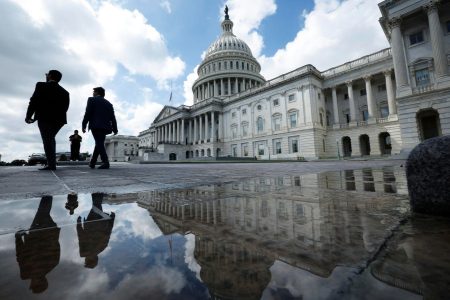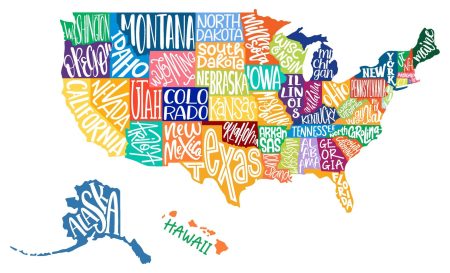The idea of eliminating the income tax is an attractive one to anyone that has ever had to cut a check to Uncle Sam—but it is far from practical. Recently, former President Donald Trump suggested replacing the federal income tax with tariffs on imports. While it garnered significant attention, a closer examination quickly reveals why the policy is impractical.
The Proposal
In a private meeting with GOP lawmakers at the Capitol Hill Club in Washington, D.C., Trump floated the idea of a so-called “all-tariff policy.” A formal policy proposal has not been released by Trump or his campaign, but it appears the idea is if tariffs on imports were raised sufficiently, the federal income tax could be eliminated entirely.
Broadly, the concept aligns with Trump’s long-standing protectionist trade agenda, which he featured prominently in his first term and rhetoric since.
Economic Impact of Tariffs
Tariffs can be thought of as taxes imposed on imported goods—they are ostensibly paid by importers, but the costs are typically passed down to consumers through higher prices for those goods.
When tariffs are applied broadly, as Trump appears to be suggesting, the price increase affects a similarly broad set of goods—essentially, everything that is imported. Retailers and wholesalers will pass on those added expenses to consumers, leading directly to higher prices at checkout.
Such price hikes in everyday goods disproportionately impact low and middle-income households, because they are the consumers that spend the highest percentage of their income on consumable goods. This converts a progressive income tax—higher income folks pay a higher rate—into a regressive tax, akin to a sales tax. As such, in the near term, the only groups benefiting from the elimination of a broad-based income tax and the ratcheting up of tariffs are those folks at the higher end of the socioeconomic spectrum.
Everyday necessities, like clothing, food, and household goods, as well as significant purchases like electronics, vehicles, and equipment, will immediately increase in price. Even goods entirely produced domestically, and thus not directly subject to tariffs, may see price hikes—as demand outstrips supply.
For example, if a broad 25% tariff on all imported goods is placed, the cost of every imported good will go up by at least 25%. Retailers and manufacturers will passed that added expense on to consumers, and prices will necessarily go up on any imported goods or goods that contain imported materials. This will cause consumers to choose domestically-produced lower cost goods, to the extent they are available.
As demand shifts to American made goods, in the absence of a matching level of increased production in every sector of the economy all at once, there will be more demand for domestic goods than supply. Prices will skyrocket just as they did during past supply chain crunches.
In essence, tariffs act as a regressive tax. They were broadly eliminated in favor of an income tax in the late 19th century for just that reason. Their regressive nature means that lower and middle-income consumers would bear the brunt of the cost of financing the public fisc—effectively experiencing an immediate and substantial increase in their cost of living.
Federal Income Tax
So far, in 2024, the federal government has collected $3.29 trillion. In 2023, imports totaled approximately $3.9 trillion. Some quick back of the envelope math will quickly illustrate that replacing the former with a tax on the latter is infeasible.
An average tariff rate of nearly 85% on all imports would be required to replace income tax revenue with tariffs—leading to widespread economic disruption, trade retaliation, revenue instability and the aforementioned concerns regarding economic equity.
Export countries would unquestionably retaliate with their own tariffs, potentially leading a worldwide trade wars that further increase the costs of goods and further damaging the global economy. The fluctuation in import volumes based on economic conditions would make tariff revenue unreliable compared to the comparatively more stable income tax system—potentially leaving the federal government unable to fund basic services.
While the idea of eliminating the income tax in favor of tariffs may be politically appealing to some, it is an unworkable solution for all.
Read the full article here










